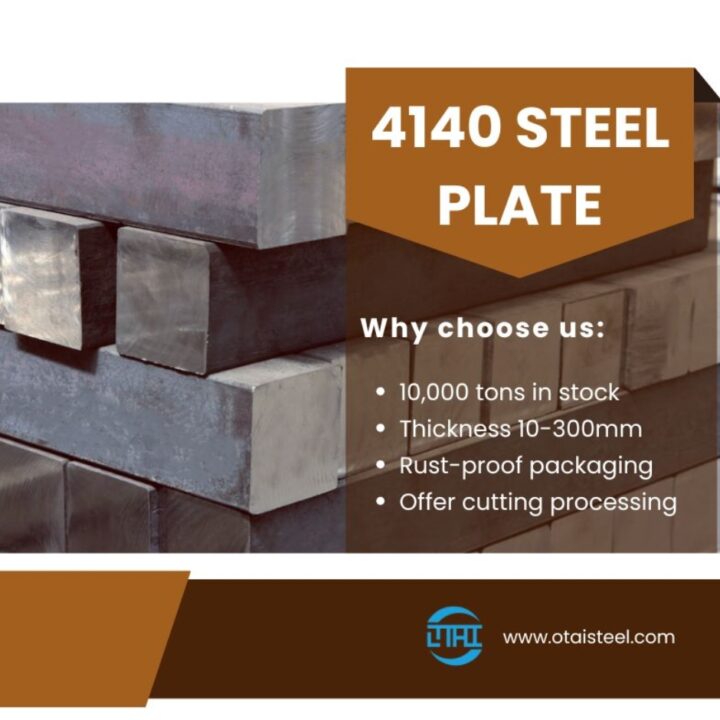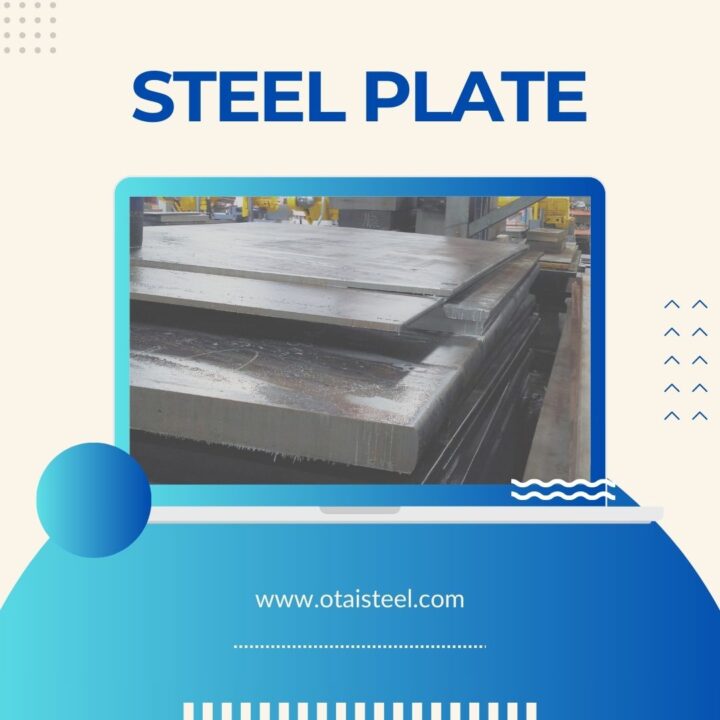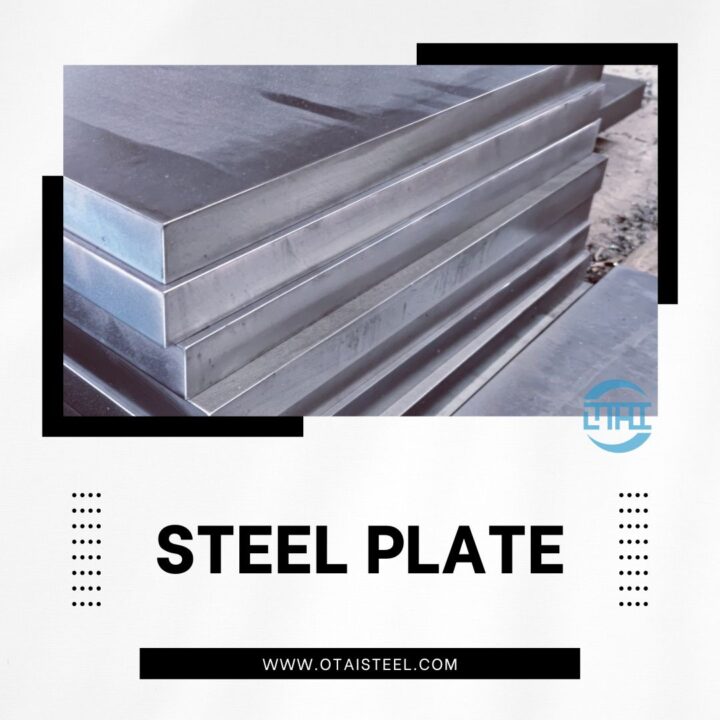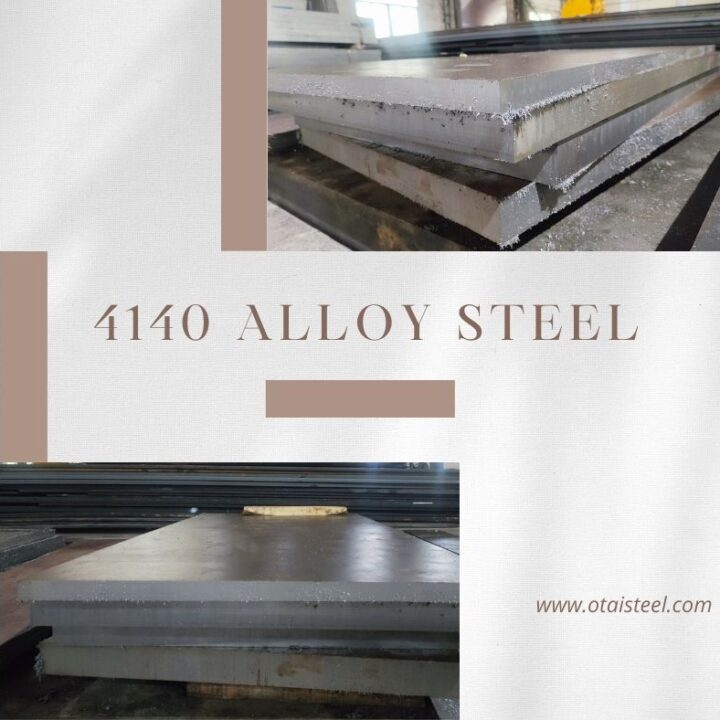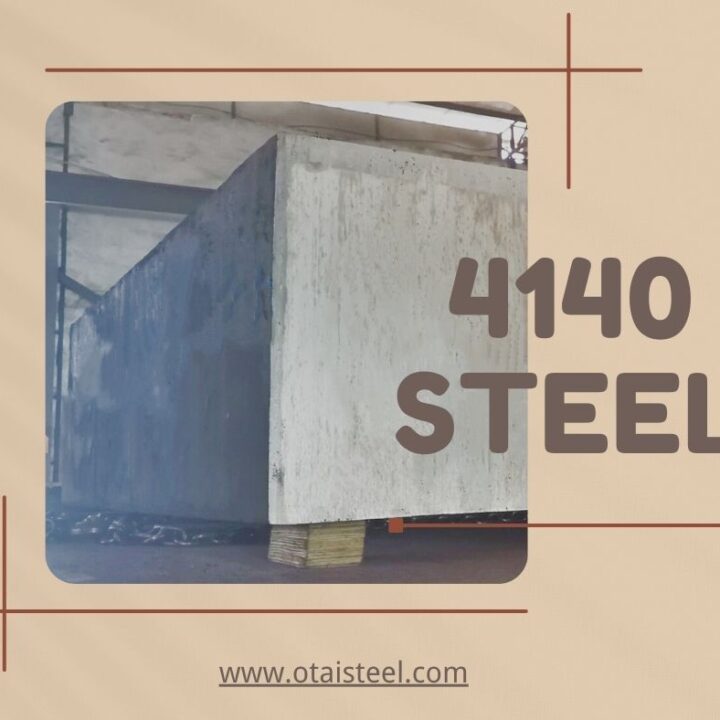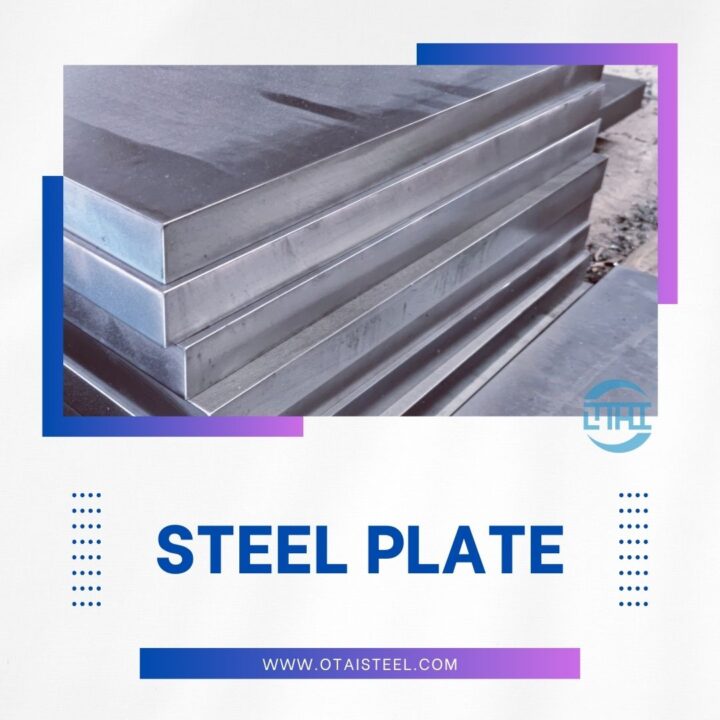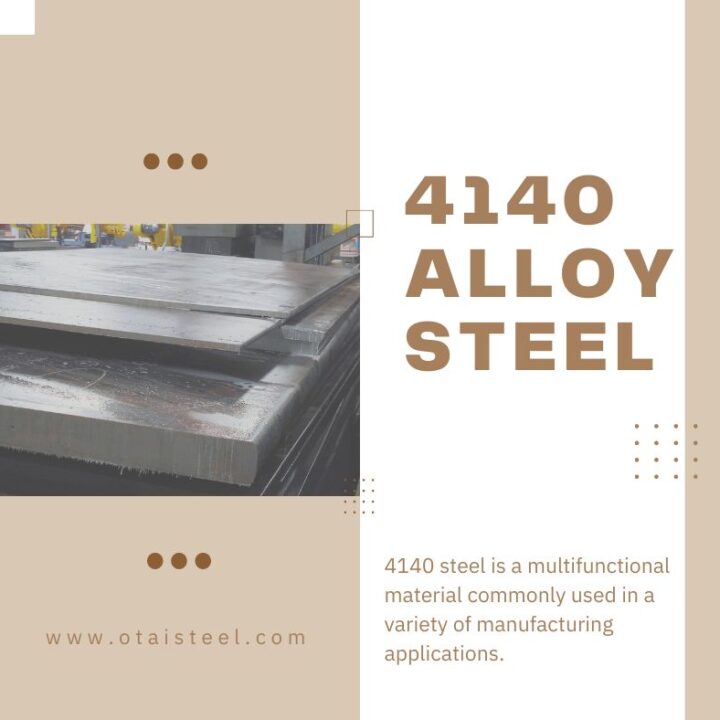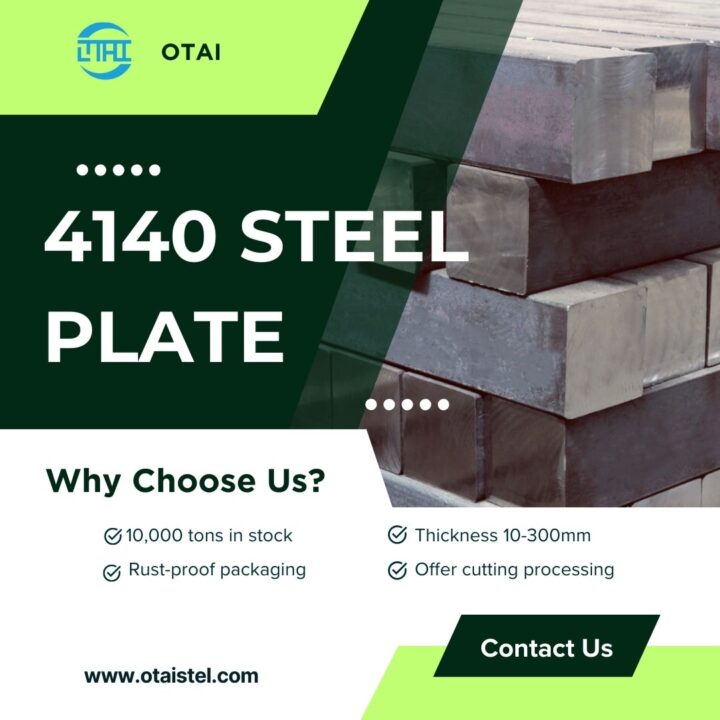4140 steel, also known as AISI 4140 or SAE 4140, is a low-alloy steel with a composition that includes chromium, molybdenum, and manganese. This combination of elements imparts outstanding mechanical properties to the material, making it suitable for various engineering applications, including gear fabrication. The controlled manufacturing process ensures consistent quality, making it an excellent choice for precision applications. (4140 steel in gears)
Advantages of 4140 Steel in Gear Fabrication
- High Strength and Durability
One of the primary advantages of using 4140 steel in gear fabrication is its high strength and durability. Gears made from 4140 steel can withstand heavy loads, high stresses, and shock without deformation or failure, ensuring long-lasting performance.
- Wear and Fatigue Resistance
Precision gears in robotics and automation systems experience continuous motion, leading to wear and fatigue. 4140 steel’s excellent wear and fatigue resistance ensure minimal wear and prolong the gear’s operational life.
- Excellent Machinability
4140 steel exhibits excellent machinability, allowing for precise and intricate gear manufacturing. This material can be easily machined into complex tooth profiles, ensuring optimal gear meshing and efficiency.
- Dimensional Stability
Precision gears require dimensional stability to maintain accurate meshing and minimize noise and vibration. 4140 steel’s dimensional stability ensures consistent performance and precise motion transmission.
- Cost-Effectiveness
Compared to some specialty alloys, 4140 steel offers a cost-effective solution for gear fabrication without compromising on performance and reliability, making it an economical choice for robotics and automation systems.
Applications of 4140 Steel Gears in Robotics and Automation
- Industrial Robotics
In industrial robotics, precision gears made from 4140 steel are used in robotic arms and joints, enabling smooth and accurate movement for automated tasks in manufacturing and logistics.
- Automated Manufacturing Systems
Automated manufacturing systems rely on precision gears to ensure efficient and precise motion control in conveyor systems, assembly lines, and other automated processes.
- Motion Control Devices
Motion control devices, such as servo drives and actuators, utilize precision gears to convert rotational motion into linear motion or control the position and speed of robotic components.
- Automotive and Aerospace Automation
In the automotive and aerospace industries, robotics and automation play a crucial role in manufacturing and assembly processes, where precision gears are vital for reliable and high-performance automation.
- Medical Robotics
Medical robotics require precision gears for delicate and precise movements in surgical robots, rehabilitation devices, and medical imaging equipment.
Design Considerations for 4140 Steel Gears
To maximize the performance and longevity of gears fabricated from 4140 steel, several design considerations should be taken into account:
- Tooth Profile and Geometry
Optimizing the tooth profile and geometry ensures smooth and efficient gear meshing, reducing noise, vibration, and wear.
- Surface Treatments and Coatings
Applying surface treatments and coatings can enhance wear resistance and reduce friction, improving the performance and lifespan of the gears.
- Lubrication and Maintenance
Proper lubrication and regular maintenance are essential to reduce wear and ensure optimal gear performance.
- Noise Reduction Techniques
In noise-sensitive applications, implementing noise reduction techniques, such as precision gear grinding and tooth modifications, can significantly reduce gear noise.
- Material Selection for Gearboxes
Selecting compatible materials for gearboxes and other components is critical to ensure harmonious operation and maximize overall system efficiency.
Challenges and Solutions in Gear Fabrication
- Heat Treatment and Hardening
Proper heat treatment and hardening processes are crucial to achieving the desired mechanical properties and performance of gears made from 4140 steel.
- Precision Machining
Precision machining techniques are essential to fabricate gears with accurate tooth profiles and dimensions.
- Tolerance Control
Strict tolerance control during gear fabrication ensures proper gear meshing and optimal system performance.
- Quality Control and Testing
Implementing rigorous quality control measures and testing procedures guarantees the reliability and durability of the gears.
- Environmental Considerations
Environmental factors, such as temperature and humidity, should be considered during gear design and material selection to ensure stable and consistent performance.
As technology continues to advance, the demand for precision gears in robotics and automation will only increase, further solidifying 4140 steel’s crucial role in shaping the future of automation.
